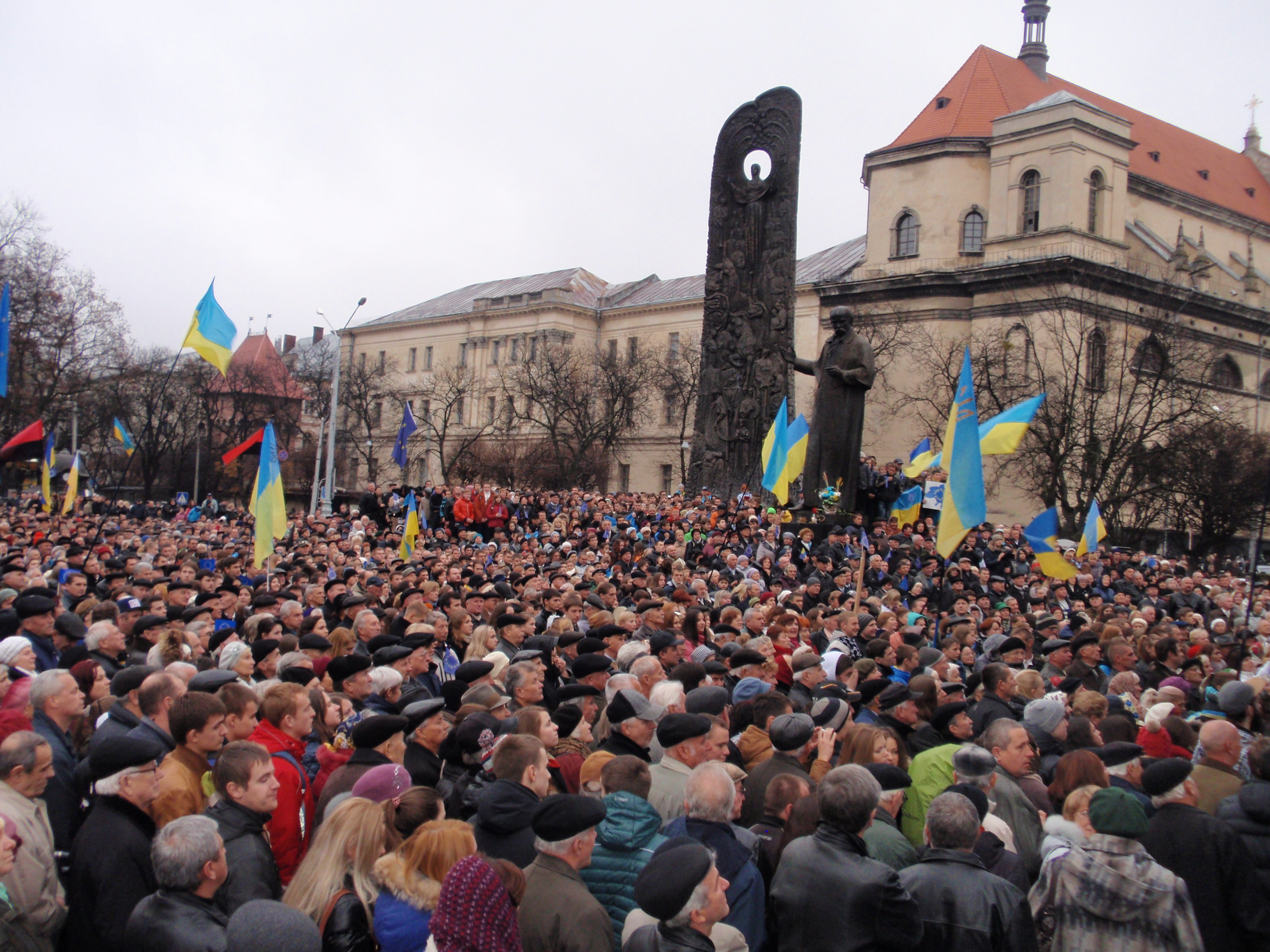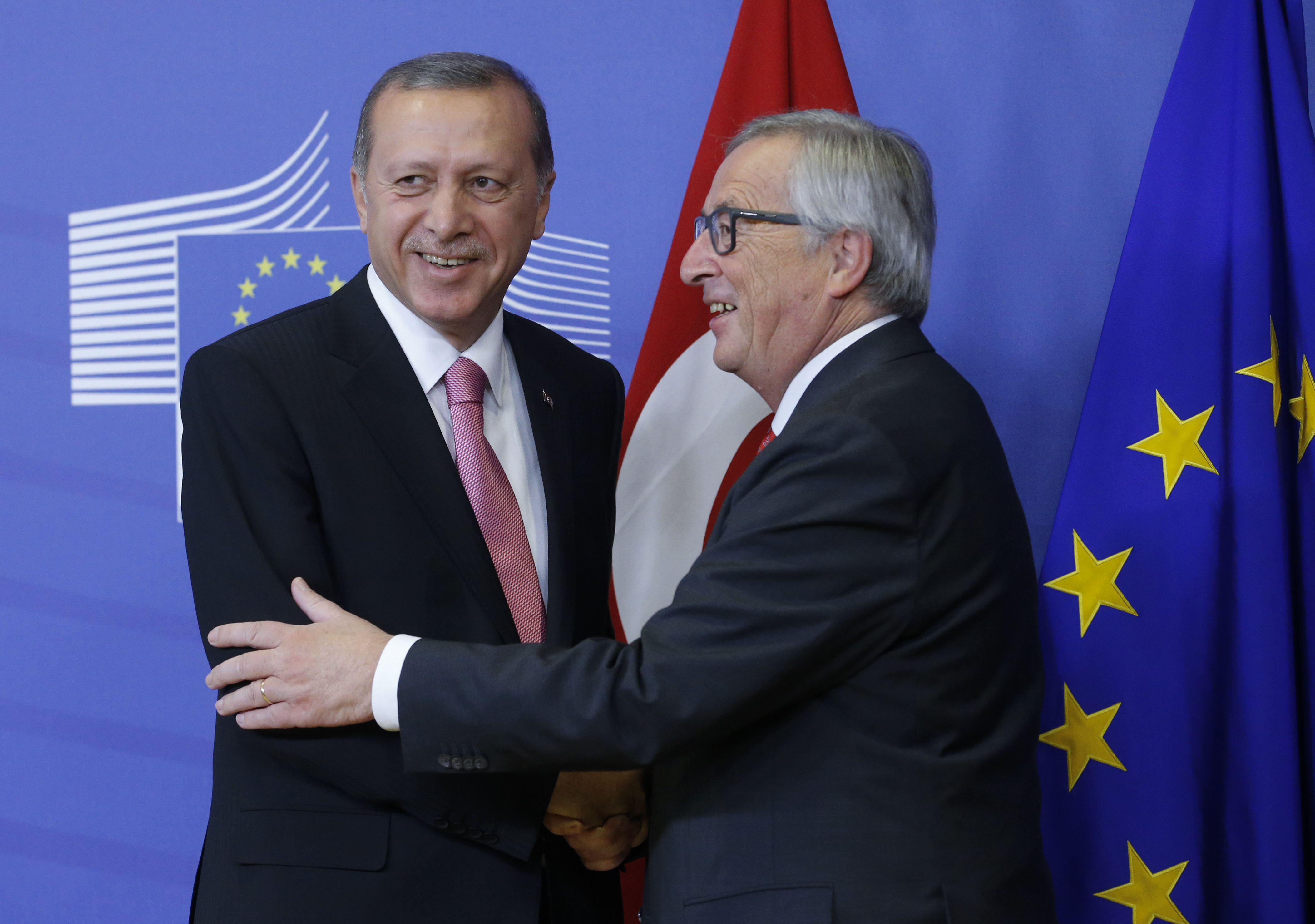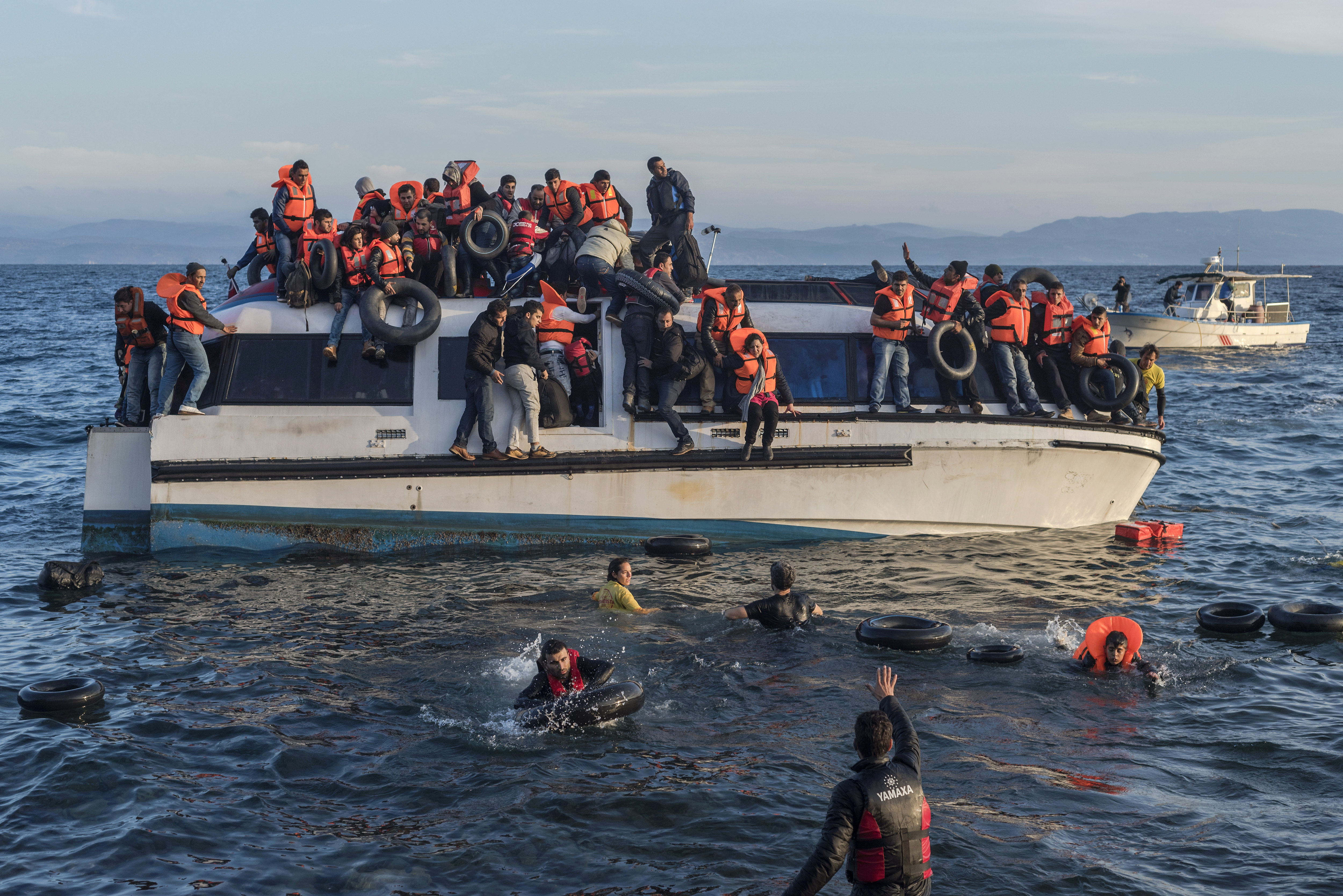Below are photos, as well as an accompanying description from an exhibit that was organized by Canadians for Democracy in Russia and Euromaidan Canada Committee. In opposition to the war in Ukraine, the exhibit aims to reveal evidence of Russian support for anti-government militants, as well demonstrate the brutal and violent nature of the conflict (for more information, please visit http://thewarinukraine.info).
In this week’s post, both the photos below and the accompanying descriptions highlight key historic moments from the current conflict in Ukraine. This photo array covers a variety of significant dates in the conflict within the month of May.
Press conference of the “referendum” organizers in Donetsk, the day before the “referendum” took place.

A polling station in Donetsk.

Another polling station outside. People vote, while armed men supervise the process.

On May 16, 2015, two servicemen of the Russian Main Intelligence Directorate (GRU), sergeant Alexandr Alexandrov and captain Yevgeniy Yerofeyev were captured in Ukraine, as their group attempted to conduct a reconnaissance of a bridge near the town of Shchastya, Luhansk oblast. During their apprehension, one of them shot and killed a Ukrainian soldier, Vadim Pugachev, whilst Alexandrov was shot in the leg and Yerofeyev in the hand. In hospital, after their arrest, they gave video interviews, where they publicly confessed they were active members of the Russian GRU’s 3rd Guards Separate Special Purpose Brigade. They stated that their permanent base was in Tolyatti, Russia, but that their unit was being billeted in Luhansk. Both of them provided details about their service and activities in the Russian Armed Forces, including the names of their commanders and co-servicemen. Alexandrov stated, that “we entered the territory of Ukraine on March 26, 2015 as part of the 2nd battalion comprising 220 men.”
Yerofeyev, in his interview, stated that “When I was detained, frankly speaking, I thought that they would kill me at once. I wanted to blow myself up with a grenade, but the right hand would not obey, I couldn’t reach it. I failed. I could not reach it with the left hand either. While I was doing that, soldiers came from the trenches and detained me. They put me in a stretcher and carried me away. I was taken to a hospital in Shchastya. I was given first medical aid there.”
Alexandr Alexandrov

Yevgeniy Yerofeyev

Russian officials, however, deny that the captives serve in the army, and claimed, that at the moment they were captured, they were not in the Russian Armed Forces. After the incident, the relatives of the servicemen in Russia became unavailable, neither the Ukrainian Security Service nor local journalists could contact them. On May 22, 2015, Alexandrov’s wife appeared on Russian TV, claiming that he left the Russian Army in December 2014. In response to this, Alexandrov stated in another interview, that his wife’s information is not correct, and that he is a currently serving member of the Russian Army. He said he could not believe his wife would say this, and cried.
The key issue here, had the Russian side confirmed, that the two captives were serving in the army and were carrying out orders (as the soldiers themselves initially confirmed), then Ukraine would have treated them as POWs. However, since Russia not confirm, then they were tried as private individuals, and hence charges of terrorism and mercenarism apply. An official counsul of the Russian embassy in Kyiv, Alexandr Grubiy, denied that they served in the army, and claimed that they were mercenaries. On May 29, 2015, both of the soldiers stated, that they cannot reach their relatives by phone, since no one replies there, which was, according to them, never the case previously.
In November 2015, as the hearings began, despite they were charged with terrorism, the two have suddenly denied that they were Russian Army servicemen and rejected all their own previous testimonies (which precludes them from the opportunity of being tried as military POWs). Yerofeyev claimed, that there is no evidence to say they are servicemen, and Alexandrov claimed that he was just an “unemployed.” His lawyer stated that all of Alexandrov’s previous testimonies were given when he was wounded and had no defence counsel. What caused such a drastic change of their behaviour is unclear. Consequently, on April 18, 2016, Yerofeyev and Alexandrov were convicted for terrorism and received a sentence of 14 years.
Disclaimer: Any views or opinions expressed in articles are solely those of the authors and do not necessarily represent the views of the NATO Association of Canada.




